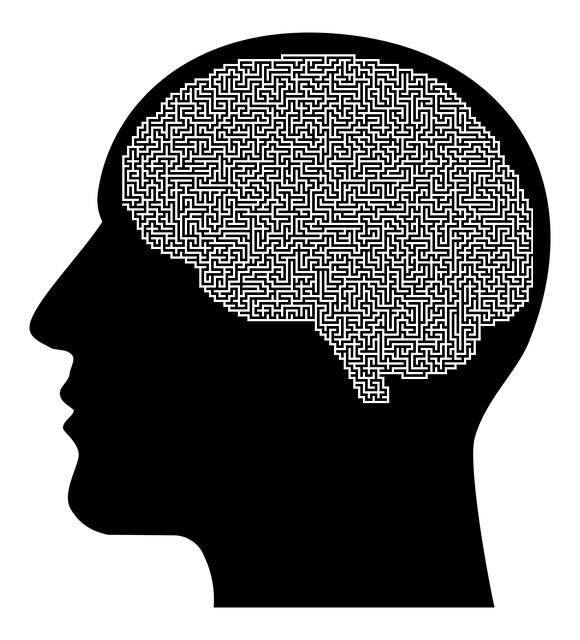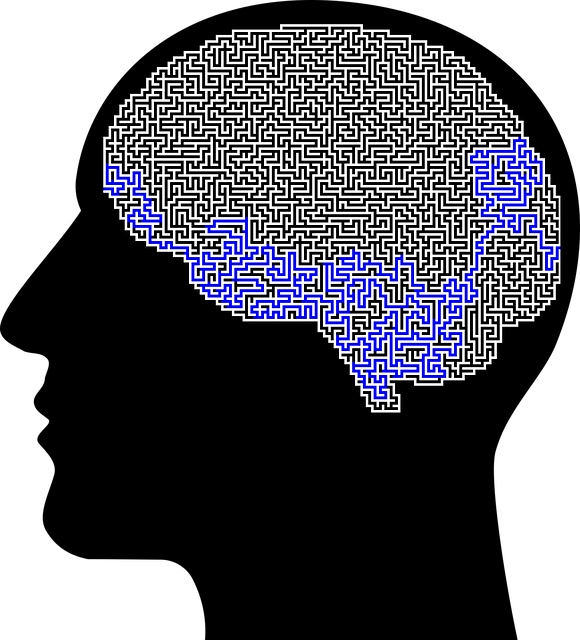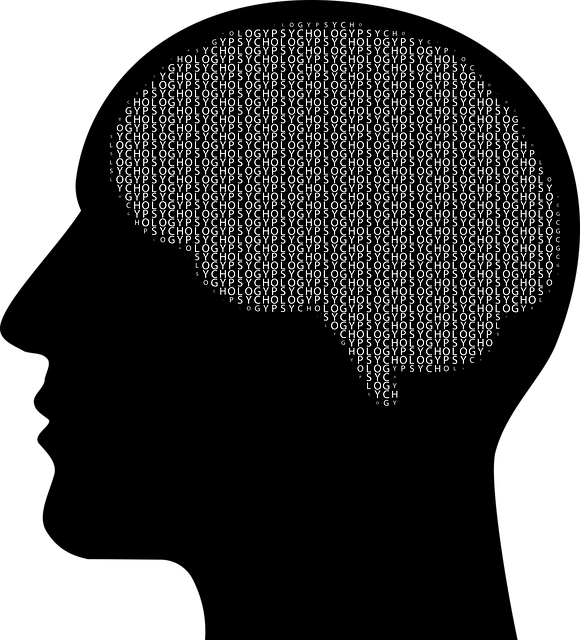Lakewood Adjustment Disorder (LAD) is a stress-related condition causing prolonged anxiety and various symptoms. Specialized Lakewood Adjustment Disorder Therapy plays a vital role in managing stress by building inner strength, employing cognitive techniques, and teaching effective coping skills, addressing the root causes of LAD to enhance resilience. Cognitive Behavioral Therapy (CBT), proven effective for LAD, focuses on changing negative thought patterns. Mindfulness and meditation offer simple yet powerful tools for stress reduction and mood management, accessible through apps or community programs. Lifestyle changes, including nutrition, hydration, exercise, and sleep, provide a robust foundation for well-being, complementing therapies like Lakewood Adjustment Disorder Therapy to promote mental health empowerment.
Stress reduction is a vital aspect of maintaining mental and physical health. This comprehensive guide explores effective methods to combat stress, focusing on the impact of Lakewood Adjustment Disorder and offering therapeutic solutions. We delve into Cognitive Behavioral Therapy (CBT) as a powerful tool, along with mindfulness practices, and lifestyle changes like nutrition, exercise, and sleep. By understanding these strategies, you can navigate stress, find calm, and enhance your overall well-being through tailored Lakewood Adjustment Disorder therapy.
- Understanding Lakewood Adjustment Disorder and Its Impact on Stress
- Cognitive Behavioral Therapy (CBT): A Powerful Tool for Stress Reduction
- Mindfulness and Meditation Techniques to Calm the Mind
- Lifestyle Changes: Nutrition, Exercise, and Sleep for Stress Management
Understanding Lakewood Adjustment Disorder and Its Impact on Stress

Lakewood Adjustment Disorder (LAD) is a mental health condition that arises when an individual struggles to adjust to significant changes or stressors in their life. This disorder can significantly impact one’s ability to manage stress, often leading to prolonged and heightened anxiety. LAD can manifest in various ways, such as persistent worry, irritability, sleep disturbances, and difficulty concentrating.
The effects of LAD on stress reduction are profound, as individuals affected may find it challenging to employ typical coping mechanisms. Therapy, particularly Lakewood Adjustment Disorder therapy, plays a pivotal role in helping those diagnosed. Utilizing mind over matter principles, inner strength development techniques, and coping skills development, therapists guide individuals toward healthier ways of managing stress. By addressing the root causes of LAD and fostering resilience, these therapeutic approaches enable individuals to navigate life’s challenges with greater ease and adaptability.
Cognitive Behavioral Therapy (CBT): A Powerful Tool for Stress Reduction

Cognitive Behavioral Therapy (CBT) has established itself as a potent method for stress reduction and management. This therapeutic approach focuses on identifying and modifying negative thought patterns, which in turn influences emotional states and behaviors. CBT is effective in addressing various mental health concerns, including Lakewood Adjustment Disorder, by empowering individuals to take control of their thoughts and subsequently reduce stressful situations or responses.
Through structured sessions with a trained therapist, CBT provides practical tools for crisis intervention and stress management. It encourages individuals to challenge cognitive distortions, replace them with more realistic and positive thoughts, and adopt healthier coping mechanisms. This therapeutic process has gained prominence in healthcare provider cultural competency training due to its ability to help clients navigate stressful life events and promote overall well-being. Public awareness campaigns development highlighting the benefits of CBT can further encourage those dealing with stress to seek professional guidance.
Mindfulness and Meditation Techniques to Calm the Mind

Mindfulness and meditation have emerged as powerful tools for managing stress and promoting mental well-being. These ancient practices, now backed by modern science, offer a calming effect on the mind, helping individuals to gain a deeper sense of awareness and control. One effective technique is mindfulness meditation, which encourages focusing on the present moment without judgment. This simple yet profound practice can reduce anxiety and alleviate symptoms of various mental health conditions, including Lakewood Adjustment Disorder. By training the mind to observe thoughts and emotions without attachment, individuals can develop a stronger ability to regulate their mood and manage stress effectively.
Incorporating mindfulness into daily routines is accessible to everyone. Simple breathing exercises, for instance, can be practiced anywhere, at any time, to quickly calm the mind. Guided meditations, available through various apps or community outreach programs like those offering mental health education, provide structured support for beginners. These programs often design engaging activities that teach individuals to recognize and accept their feelings, fostering a sense of inner peace and balance. With regular practice, mindfulness becomes an effective mood management strategy, helping people navigate life’s challenges with greater resilience and clarity.
Lifestyle Changes: Nutrition, Exercise, and Sleep for Stress Management

Lifestyle changes are pivotal in managing and reducing stress levels. Nutrition plays a significant role; incorporating nutrient-rich foods like fruits, vegetables, whole grains, and lean proteins can help regulate hormones associated with stress. Staying hydrated is also essential for overall well-being and mental clarity. Regular exercise is another powerful tool; engaging in physical activities like yoga, walking, or strength training releases endorphins, known as ‘feel-good’ chemicals, which can alleviate stress and boost mood. Adequate sleep is often overlooked but crucial; it allows the body to rest and recover, improving resilience to stressful situations.
Incorporating these lifestyle practices can significantly contribute to managing stress effectively. For instance, developing a consistent self-care routine that includes proper nutrition, exercise, and sleep can empower individuals to take control of their mental health. Additionally, social skills training and building confidence through various activities can further enhance one’s ability to cope with stressful scenarios, as supported by Lakewood Adjustment Disorder Therapy approaches.
In addressing stress reduction methods, understanding the profound impact of conditions like Lakewood Adjustment Disorder is key. The article has explored evidence-based approaches such as Cognitive Behavioral Therapy (CBT) for effective stress management, alongside mindfulness practices and lifestyle adjustments focusing on nutrition, exercise, and sleep. Integrating these strategies can empower individuals to navigate life’s challenges with greater resilience, fostering a sense of calm and well-being. For those dealing with Lakewood Adjustment Disorder, specialized therapy like CBT offers hope, enabling them to regain control and lead fulfilling lives.













